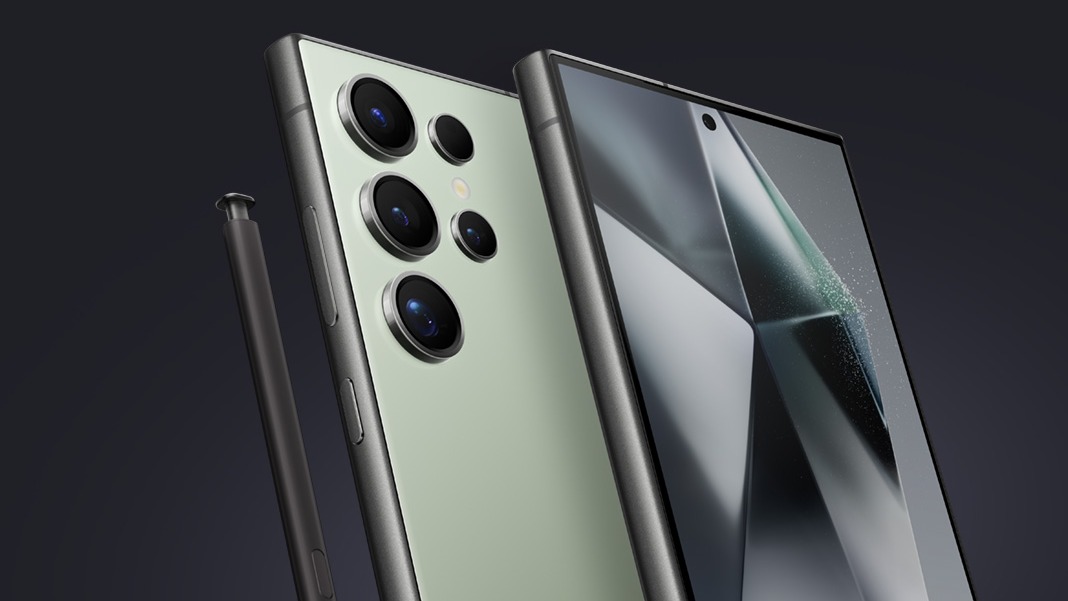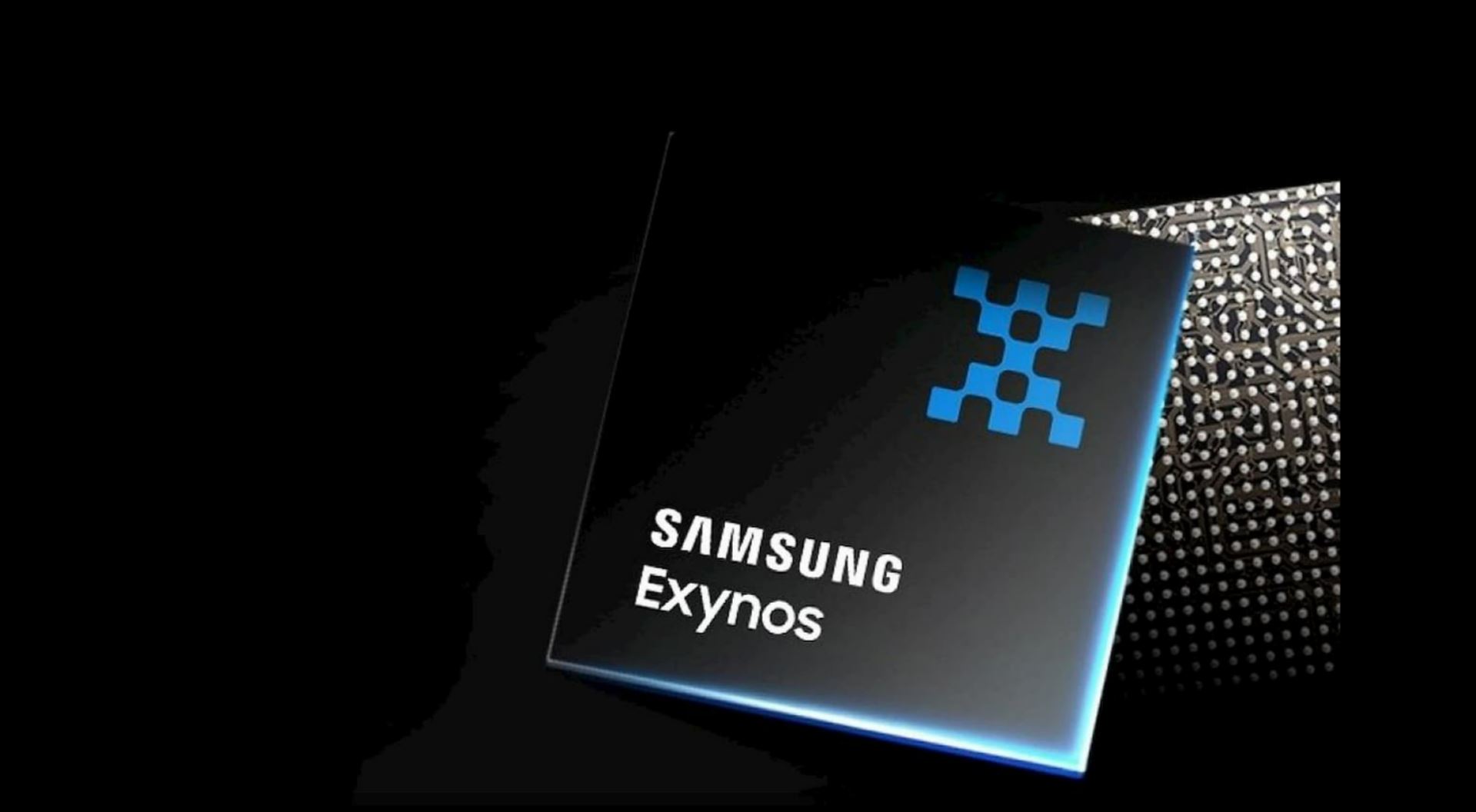
Sign up for breaking news, reviews, opinion, top tech deals, and more.
You are now subscribed
Your newsletter sign-up was successful
The Samsung Galaxy S24 Ultra may be outperformed in stress testing by the more modest Galaxy S24 Plus.
Tech enthusiast @Quadrans Muralis took to X (formally Twitter) to flag benchmark results uploaded to the South Korean internet forum, DCinside. The results claim to have been gathered using 3DMark’s Solar Bay stress test that’s used to test the sustained ray-tracing capabilities of Windows and Android devices, with Quadrans noting that the S24 Ultra’s stability results are at a “disastrous level”.
The numbers the test threw out show the Samsung S24 Ultra received a maximum score of 8,249 and a minimum score of 3,984 with an average stability of 48.3%. Meanwhile, the S24 Plus S24 Plus has a maximum score of 8,905, and a minimum of 5,755, with a higher stability rating of 64.6%.
3DMark Solar Bay Stress Test of Galaxy S24 Ultra has been revealed. The stability seems to be.... disastrous level.S24U : MAX 8249 / MIN 3984 / STA 48.3 %Meanwhile, for Exynos 2400,S24+ : MAX 8905 / MIN 5755 / STA 64.6 %https://t.co/Eerft3sNIDJanuary 18, 2024
If correct, the score illustrates that the Samsung Galaxy S24 Plus score isn’t far behind its premium counterpart and also maintains performance better due to its higher minimum score and stability rating.
Snapdragon vs Exynos
Most regions will receive the Exynos 2400 chip in the Galaxy S24 and S24 Plus models, while in the US these models will use the Snapdragon 8 Gen 3 chip. However, the Galaxy S24 Ultra uses the latest Snapdragon 8 Gen 3 chip tuned for it in all regions.
Qualcomm's chips have been the market leader in Android phones for years and the Snapdragon 8 series has been featured in most flagship phones for the past few years, but some Snapdragon chips have previously been known to have similar overheating issues.
Historically, Samsung’s Exynos chips have shown lower performance than their Snapdragon counterparts with the Samsung S23 line-up using Snapdragon chips exclusively, but that could be starting to change.
The real surprise here isn’t so much the possible Snapdragon heat issues leading to what could be GPU throttling, but the leap in performance shown by the Exynos 2400 compared to its predecessor the Exynos 2200. This could finally make Exynos-equipped Galaxy phones just as appealing as their Snapdragon counterparts.
If you can’t stand the heat…

At the recent Samsung Galaxy Unpacked event, the company stated that for the Galaxy S24 Ultra it completely redesigned the cooling system, almost doubling the size of its vapor chamber compared to the previous S23 Ultra to make for more efficient cooling. But if these stress test numbers are correct, Samsung might not have done enough.
The Snapdragon numbers could indicate that the chip is more of a sprinter than a long-distance runner, meaning that while performance could be fast out of the gate, the amount of heat being generated could cause significant throttling, lowering performance considerably over time.
We’ll have to see how all three new Galaxy phones perform in our full reviews, but for now check out our hands-on Samsung Galaxy S24 review, hands-on Samsung Galaxy S24 Plus review and hands-on Samsung Galaxy S24 Ultra review.
Sign up for breaking news, reviews, opinion, top tech deals, and more.
You may also like
James Ide was a writer for TechRadar specializing in phones and tablets, having previously worked at The Daily Mirror since 2016, covering news and reviews.
James loves messing with the latest tech, especially phones due to their incredibly rapid pace of development.
When not surrounded by various devices and/or tinkering with gadgets while putting them through their paces, James has a love of handheld consoles.
He is almost the textbook definition of a geek, who loves sci-fi, comics, games and of course, all things tech. If you think you have a story for him or just want to challenge him at Smash Bros, get in touch.